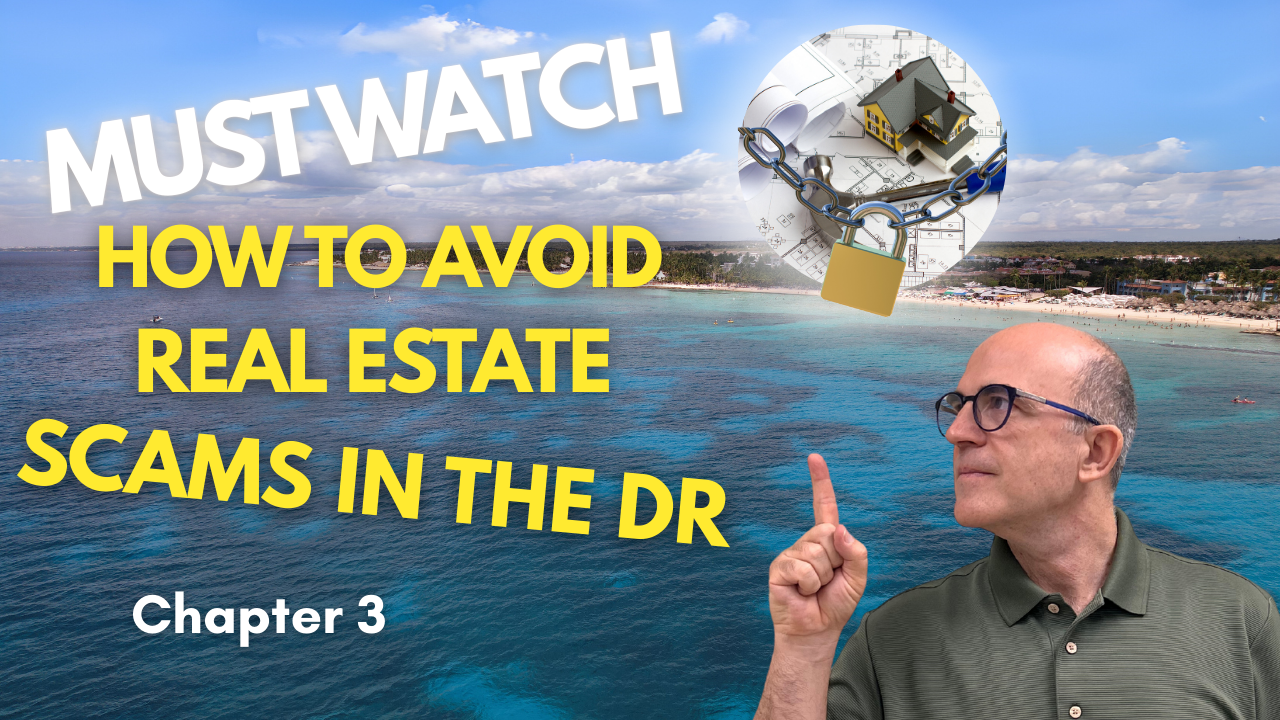
How to avoid real-estate scams in the Dominican Republic
Many people think investing in Punta Cana is risky… that scams are an everyday thing here.
Every year, hundreds of people lose thousands of dollars in so-called Caribbean real-estate “investments.”
Most of those losses could have been avoided with a few simple steps.
If you’re thinking about buying in Punta Cana, this episode can save you a headache—and from losing all your money.
I’m Jordi Albertus, a real-estate advisor in the Dominican Republic with more than 17 years of experience helping investors from around the world.
Today I’ll share the 3 essential steps to bulletproof your investment and avoid the most common scams I’ve seen in the DR.
1️⃣ Verify the project’s permits and licenses
In the Dominican Republic, any real-estate development must have a construction license approved by the Municipality, and in tourist zones, authorization from the Ministry of Tourism.
A serious developer will have no problem showing you these documents.
If they say “it’s being processed” or “don’t worry, everything’s fine,” that’s a red flag.
2️⃣ Check the property title
Here we use a Certificate of Title issued by the Real Estate Jurisdiction.
This document must be free of liens, seizures, or mortgages.
If the title is in the name of a person or company other than the developer, demand a clear explanation and supporting documentation.
3️⃣ Always buy with a contract and a specialized attorney
Never hand over money with just a receipt.
A real-estate attorney in the Dominican Republic will review the contract, protect your funds, and ensure the project complies with the law.
They’ll also include clauses that protect you in case of delays or breaches.
A few years ago, a client wanted to invest in an ocean-view apartment that looked like a dream.
Everything seemed fine… until we investigated and discovered the land had a pending legal dispute.
If he had bought, he could have lost more than $120,000.
In the end, I guided him to a 100% legal project that’s now completed and generates steady Airbnb income.
Avoiding a real-estate scam isn’t complicated—it just requires information and professional guidance.
Never be swayed solely by pretty photos or profit promises.
If you follow these three steps, your investment in Punta Cana will be safe and profitable.
In the next episode, we’ll cover a topic few talk about: the hidden costs no one tells you about before buying… and how they can seriously affect your returns.
